Ah yes the infamous performance anxiety or what I like to call it; performance jitters. The popular school of thought is to beat it or overcome it. That’s the wrong way to look at it, it’s a perfectly normal thing to feel performance anxiety before going on stage, whether performing a dance piece or belting out a speech. You shouldn’t butt heads with the wonderful nature of performance jitters and try to get complete control or get rid of performance jitters.
The three key reasons why feeling performance anxiety says all the right things about you and your performance will be laid out in this post. But before we dive in, I want to clarify that I’m talking about the healthy kind of performance anxiety, the kind that everyone will feel, even if you’re well prepared, confident and have been in this situation a dozen times before. It’s not for the person who hasn’t prepared well enough, or the person that has an I don’t give a sh**t attitude or the person who is at a point where they’ve literally seen it all, done it all.
But if you don’t fit into those categories and you have prepared well, you’re invested in doing well in your performance and you’ve been in this situation enough times before, but you’re still feeling the performance jitters and struggling to figure why and how to handle it, then this post is just for you. And the above reasoning on why performance jitters are good thing will be clear once you read the three reasons why.
Performance Anxiety; A Feeling That’s Telling
So I for one would like you know that performance anxiety is great. Sure there are two sides to the coin here and there are some bad things about performance anxiety and anxiety in general, but I more of a problem solver and like to think about flourishing and being positive.
These reasons are also realistic and blunt; ask any seasoned performer and they’ll tell you similar things. So let’s go through these three reasons and help you figure you out what performance anxiety says about you and how your performance will turn out (note: for this post I’ll be using nerves, anxiety and jitters interchangeably).
Three Reasons Why Performance Jitters Are A Good Thing
#1 It shows that you care
Now don’t right this off as simple. Like “well never really thought about it like that, but yeah duh of course I care, why else would I be doing this (i.e. speaking, performing a musical piece)”. Yet many people tend to miss this. If you care about the outcome of your performance, don’t you think there are going get nerves? Your going to feel jitters and pressure when involved in something you value. Why try to fight something that is so natural.
When we invest more in something and want to do well at it, we will feel anxiety.Yes I understand that there is a chance something could go wrong in your performance or you could fail. But you put the effort in so the chances that something goes wrong are slimmer than had you not really cared and put less effort.
So feel good that you put hard work into creating something wonderful and care about it turning out well. You should want to succeed and awe the audience, you know what’s at stake here, you want to move and inspire the audience. You want share something special with audience and leave an impact on the people watching. Well that’s fu***ng great! I’m raising my glass to you; for enriching the world with your beautiful talent.
It’s time to realize that this feeling is part of the game and it’s not going away anytime soon. And while the feeling of performance anxiety can intimidate you, it’s also an amazingly beautiful feeling. This anxiety shows that you care about how well you do and that you gave yourself over to it. You have something you value that brings you growth and happiness to not only you, but the people you share it with.
#2 It’s useful energy
Now not feeling anything about a performance is actually what you don’t want. If you’re not feeling anything than you either don’t care enough (what are you doing this for then?), you’re not growing (i.e. challenging yourself) or you’re not fully aware about how you feel about the performance (i.e. might step on stage and freeze up).
You should feel something, excitement, nervousness, happiness, heck even disdain; just feel something. It’s a performance, in a performance you’re affecting people’s emotions and it’s good to have performance anxiety for that very reason.
When you have performance anxiety, you have nerves that you can use to inject more life into your performance. In a performance you might feel excited and nervous at the same time, great! Use that anxiety, that jitter energy well be a useful aid in your performance, it will liven it up. So you don’t try to completely get rid of nerves. But rather you use it to your advantage to bring out a better performance.
#3 It means your stepping out of your comfort zone
When you’re doing things that test your limits and growth; you’re stepping out your comfort zone. So don’t let feeling performance anxiety bother you too much. What the performance anxiety is telling you is that “hey you’re challenging yourself buddy, you’re going come away from this a stronger and better person than you were before”.
Stepping out your comfort zone requires pushing through some growing pains, whether you’re experiencing your passion or something new you’re trying. So the jitters are letting you know your putting yourself out there. Not many people have to the balls to do that, but not you my friend, you got the balls of a right whale.
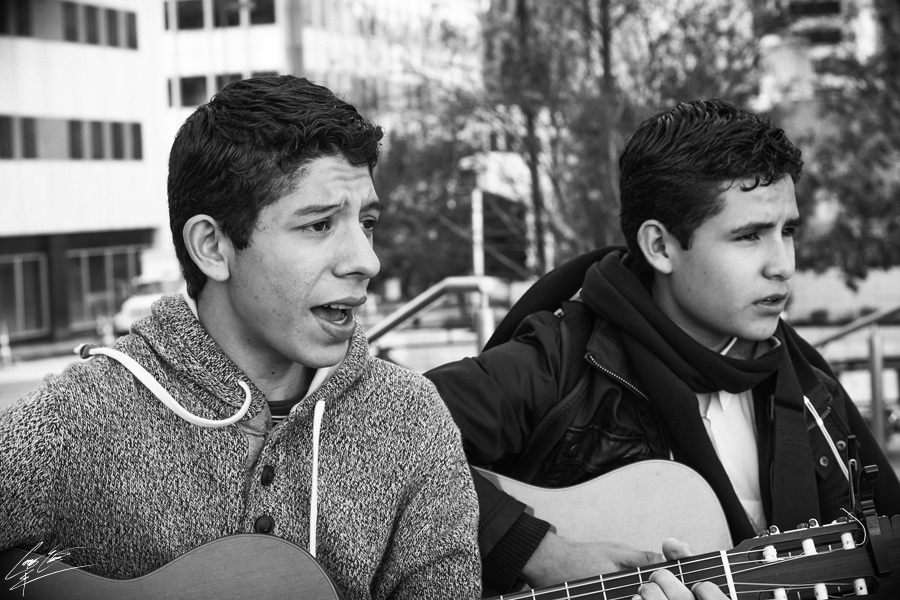
Ah Yes I’m Little Nervous…That’s Good!
So now next time you feeling a little performance anxiety, rest assured knowing that you’re probably a passionate, excited and growing individual. From my experience every time I’ve had some performance jitters, the performance goes great. It’s when I didn’t have any anxiety that a performance didn’t pan out how I wanted it to.
When you have that little jittering feeling it’s a culmination of your experience, hard work and growth coming to form an awesome moment on stage. Relish the feeling, don’t try to get rid of the nerves, use it to your advantage. Perform in spite of the jitters, it’s not there stop you, it’s there to remind you, you’re up next on stage, go and kill it.
Move and inspire,
Alex Gomes
Sign up for the free newsletter and you’ll stay connected and updated on new content.
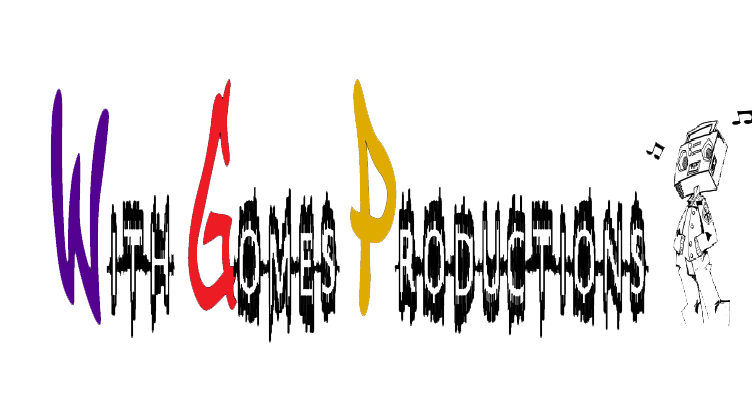
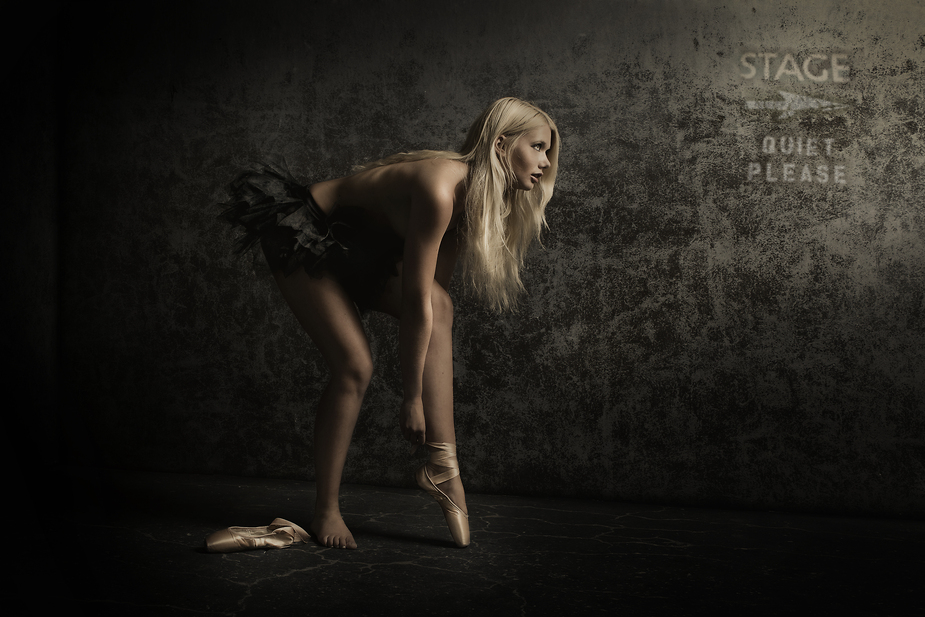

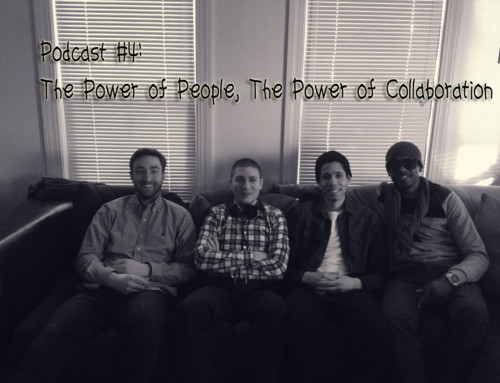
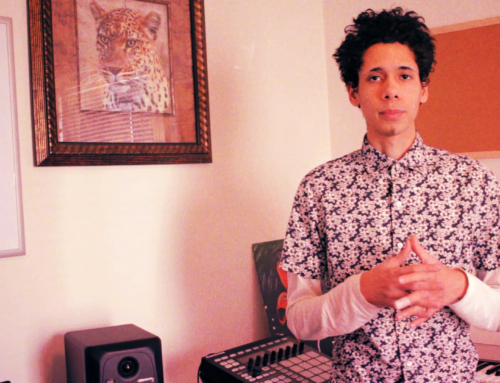

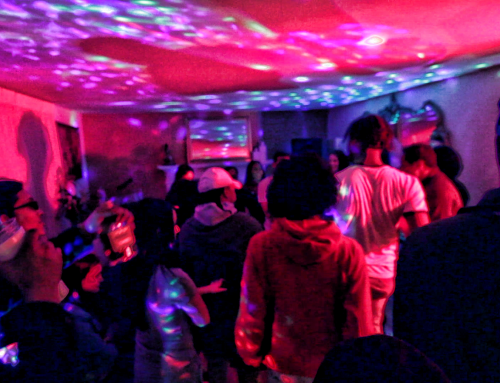
Leave A Comment